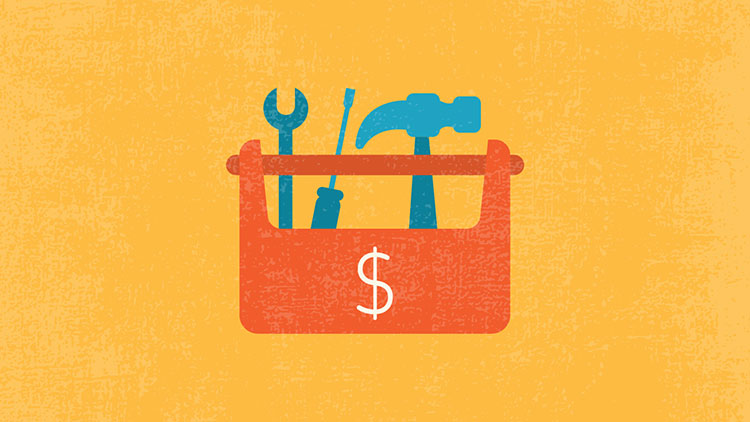You can’t rewrite your credit history, but you can rebuild it. Whether you’ve undergone a major life event, made a financial mistake or filed for bankruptcy, re-establishing good credit can take time and discipline, so it’s helpful to create a plan you can stick to. You’ll need to demonstrate that you’re able to pay your bills on time every month and make regular repayments to a credit line.
Rebuilding Your Finances



Apply for a credit builder loan.
In some locations you can apply for a short-term loan from banks, credit unions and other financial institutions to consumers who want to boost their credit score. The loan is in an interest-bearing account, so after you pay off the loan you’ll get the money back along with any interest earned.
Make payments on time.
Even as you’re tackling existing debt, make sure you don’t add to it by missing credit card and loan payments. If you’re not certain that you’ll be able to make a minimum payment by the deadline, contact your creditors ahead of time and explain your situation. Give them an estimate of when you’ll be able to repay your debt. If you let your creditors know in advance rather than seemingly skipping a payment, you’ll be demonstrating responsibility and credibility. Creditors may be more likely to trust that you’ll pay them back.
Once you’re on the right track again (for some this may mean debt free, while others may choose to start while still paying off debt), be sure to create an emergency fund to deal with difficult, unforeseen financial situations. Creating an emergency fund with three to six months of living expenses will enable you to cover many of the unexpected expenses you may face. Learn more about emergency funds.
Share